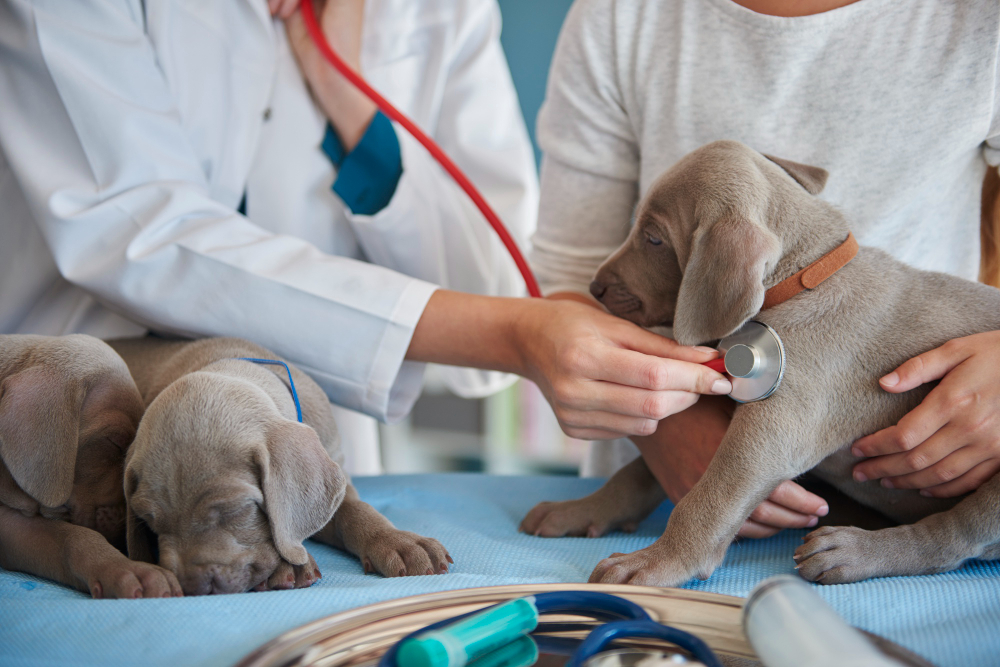Table of Contents
As the bond with your senior pet grows stronger, you may notice their needs changing. Veterinary clinics are responding with care and precision. These clinics focus on understanding and addressing the unique challenges of aging pets. In many places, like at a veterinarian Princeton, WV, you find practices adopting new approaches to cater specifically to senior pets. They offer tailored services that include regular health checks, dietary adjustments, and mobility aids. With these steps, they ensure your pet’s comfort and health. Many clinics also provide personalized care plans. These plans help manage chronic conditions and enhance quality of life during the golden years. You will see an emphasis on early detection of problems, which can make a big difference. The goal is to keep your senior pet happy and healthy for as long as possible. Veterinary clinics show compassion and commitment to your pet’s well-being.
Understanding Common Needs of Senior Pets
Senior pets often face various health challenges. These include arthritis, dental issues, and dietary needs. Understanding these issues is crucial. Clinics across the country recognize this and are proactive in offering solutions. Regular health checks can catch potential problems early, reducing their impact. According to the American Veterinary Medical Association, regular physical exams help monitor health and detect early signs of disease.
Innovative Approaches in Veterinary Care
Many veterinary clinics now use innovative techniques to care for senior pets. These include alternative therapies such as acupuncture and laser therapy, which can alleviate pain and improve mobility. Clinics also use advanced diagnostic tools to provide accurate assessments. Tailored nutrition plans are another effective approach. Proper nutrition supports overall health and can manage conditions like obesity and kidney disease.
Services Offered by Veterinary Clinics
Below is a table showing typical services provided for senior pets:
| Service | Benefit |
|---|---|
| Regular Health Checks | Early problem detection |
| Mobility Aids | Improved movement and comfort |
| Dietary Adjustments | Better health management |
| Alternative Therapies | Pain relief and mobility improvement |
| Advanced Diagnostics | Accurate health assessments |
Personalized Care Plans
Personalized care plans play a key role in managing senior pet health. These plans consider your pet’s unique needs and conditions. They may include specific diets, exercise routines, and medication regimens. Personalized plans ensure consistent care. This approach can greatly improve your pet’s quality of life by addressing their specific health issues effectively.
The Role of Owners in Senior Pet Care
As an owner, you play a vital part in your pet’s health care. Being observant and proactive can make a difference. Regularly monitoring your pet’s behavior and changes can help in identifying issues early. Working closely with your veterinarian ensures that you make informed decisions about your pet’s health. The Centers for Disease Control and Prevention emphasize the importance of regular veterinary visits for maintaining pet health.
Looking Ahead
Veterinary care for senior pets continues to evolve. Clinics remain committed to adopting new practices. Their goal is to provide the best possible care for aging pets. This involves using the latest technologies and techniques. As these practices evolve, your pet benefits from improved health outcomes. Staying informed and partnering with your veterinarian guarantees that your pet receives the compassionate, expert care they deserve.
The commitment of veterinary clinics to adapt to the needs of senior pets showcases a deep understanding of the human-animal bond. By tailoring their services, they prioritize the health and comfort of your aging companion. With the right care, senior pets can enjoy their later years in comfort and happiness.

